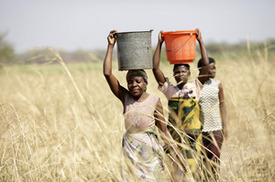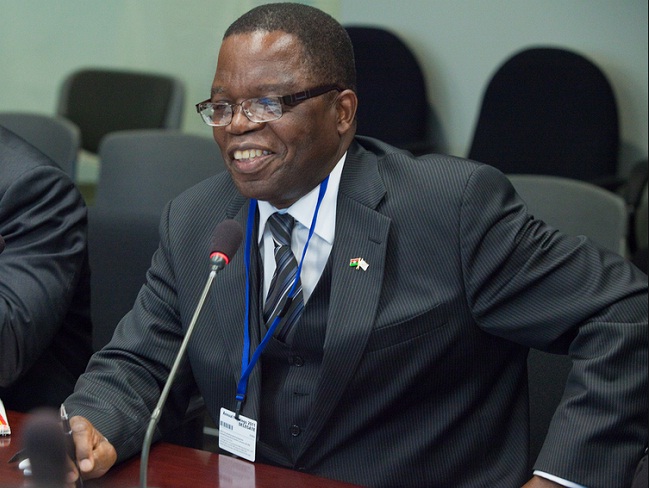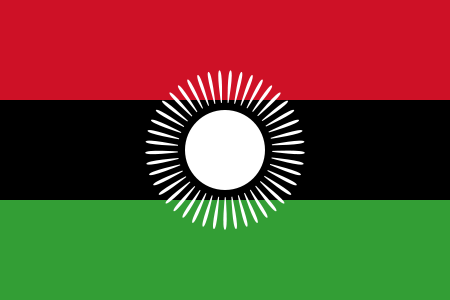Malawian women, like their counterparts in many African countries are facing the effects of water scarcity. Climate change is often blamed for the water shortages, which result in greater time spent fetching water, exacerbate disease and divert women from other economic pursuits. The recurring water shortages in Lilongwe and Blantyre have shown that there is need to look deeper into the problem. Who is really to blame for the water woes? Can we entirely blame climate change or the city authorities are also to blame?
At the beginning of October, a group of residents from Area 25 in Lilongwe besieged Lilongwe Water Board (LWB) offices to demand an explanation from their service provider, on why they had erratic water supply for over a year in their township.
In Chilinde, residents gave LWB an ultimatum of ten days to improve their service or stop issuing them water bills. The men from the community acknowledge that water scarcity has adversely affected women and girls, as they have to spend their valuable time crisscrossing streets with water buckets in search of the precious resource in the city’s townships.
Long queues of women and girls are not so much a rare sight at water kiosks where water is available.
Women involved in small-scale businesses have little time to trade their commodities as they spend hours looking for water.
“Often times I wake up as early as 4:00 AM to come and draw water from this well,” complained one woman, Mrs. Tembo who lives in Chilomoni Township in Blantyre. Waking up so early in the morning let alone looking for water at night does not only deny women and girls time to engage in developmental activities or rest, but also exposes them to the risk of sexual violence.
Some water authorities in partnership with water non-governmental organisations have resorted to water kiosks to curb the problem of access to clean water. Water kiosks are prevalent in Sub-Saharan Africa and in Malawi. A water kiosk is a sheltered tap stand that is normally connected to a piped network in cities while in rural areas they are often connected to a well and a spring.


.jpeg&w=60&q=100&h=60)


.jpeg&w=60&q=100&h=60)








